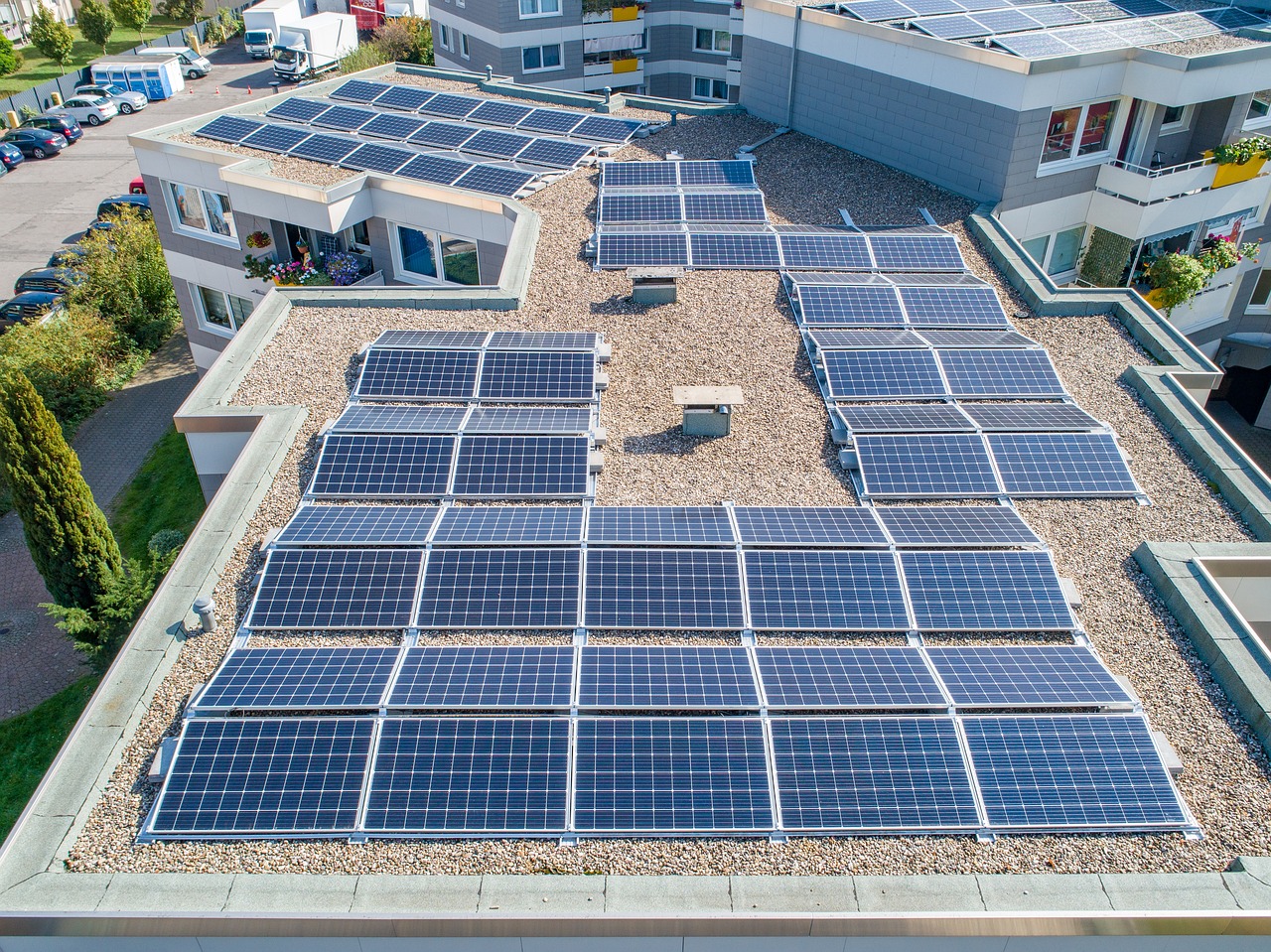Introduction: A Continent at the Tipping Point
Africa stands at a pivotal moment in its development journey. With soaring demand for electricity and infrastructure, the continent is now making critical decisions about its energy future. Unlike much of the world, Africa isn’t locked into legacy fossil fuel systems—giving it a unique opportunity to lead in renewable energy in Africa and leapfrog into a cleaner, more sustainable future.
The Case for Renewable Energy
Africa is rich in renewable energy potential. The continent receives some of the highest solar radiation levels on Earth, has vast untapped wind corridors, and possesses substantial hydro and geothermal resources.
Countries like Kenya are already showing what’s possible. Over 80% of Kenya’s electricity comes from renewable sources, particularly geothermal and hydropower. Morocco has built one of the world’s largest solar farms, while Rwanda is pioneering mini-grid solar systems for rural electrification. These are not just energy projects; they are development projects creating jobs, expanding access, and empowering communities.
Renewables also offer energy independence. By relying on local resources, African nations can reduce import costs, stabilize energy prices, and avoid the geopolitical risks tied to fossil fuel markets.
The Role of Non-Renewables
Despite the promise of clean energy, fossil fuels remain deeply embedded in the continent’s economic landscape. Nigeria, Angola, and Algeria depend heavily on oil and gas exports. South Africa still relies on coal for about 80% of its electricity. For these nations, fossil fuels are not just an energy source—they’re a revenue stream.
But this dependence has downsides: volatile markets, environmental degradation, and rising global pressure to transition away from carbon-based energy. The challenge for Africa is to balance this short-term income with long-term sustainability.
Why Being “Behind” Could Be Africa’s Advantage
Africa’s relative lag in traditional energy infrastructure is, in many ways, a blessing in disguise. While developed nations must spend billions dismantling outdated systems and navigating entrenched fossil fuel interests, Africa can build smart from the start.
This flexibility allows African countries to:
- Design energy systems centered on renewables and energy equity
- Skip the high-cost fossil fuel phase that has burdened other economies
- Use fossil fuels strategically for export income, while developing clean domestic grids
In other words, Africa has a chance to develop sustainably while profiting globally.
Economic and Political Realities
The global financial landscape is shifting in favor of renewables. Development finance institutions (DFIs), Western governments, and private investors are increasingly funding clean energy projects in Africa. At the same time, China and other global players continue to finance fossil fuel infrastructure.
This dual-track investment reality means African governments must navigate carefully—accepting what funding they can access, while pushing for long-term solutions that serve their people first. Institutions such as the African Union Commission’s Infrastructure and Energy Department are already coordinating continent-wide energy strategies to address these challenges.
Jobs, Equity, and Human Impact
Renewable energy is also a jobs engine. Solar and wind installations require technicians, maintenance crews, and engineers. Unlike fossil fuel jobs that are often capital-intensive and centralized, clean energy jobs are more distributed, offering economic opportunities in rural areas.
Furthermore, access to clean, reliable power improves health, education, and small business growth. It helps reduce inequality and supports inclusive development. This aligns with the African Union’s Agenda 2063 goals for inclusive and sustainable development.
What Africa Needs to Lead
To turn potential into progress, African countries need:
- Investment in grid infrastructure and off-grid solutions
- Clear policies and regulatory frameworks that attract funding
- Education and workforce training to build local expertise
- Incentives for private sector participation and innovation
Collaboration through initiatives like the Program for Infrastructure Development in Africa (PIDA) can help unify these efforts across borders and sectors.
Conclusion: Choosing the Future
At this crossroads, Africa has the power not just to catch up, but to lead the global shift toward renewable energy. With abundant clean resources, limited fossil fuel dependency, and rising investment interest, the potential for renewable energy in Africa is enormous. Now is the time to act.
Rather than seeing its current position as a disadvantage, Africa should embrace its ability to leap forward. It can power its own growth sustainably while exporting fossil fuels to fund the transition.
At this crossroads, Africa has the power not just to catch up, but to lead the global shift toward renewable energy in Africa and define a new energy paradigm for the world.
AfCFTA’s Role in Energy Trade
→ https://africagrowthforum.org/the-afcfta-revolution
Energy Infrastructure & Connectivity
→ https://africagrowthforum.org/infrastructure-investment
